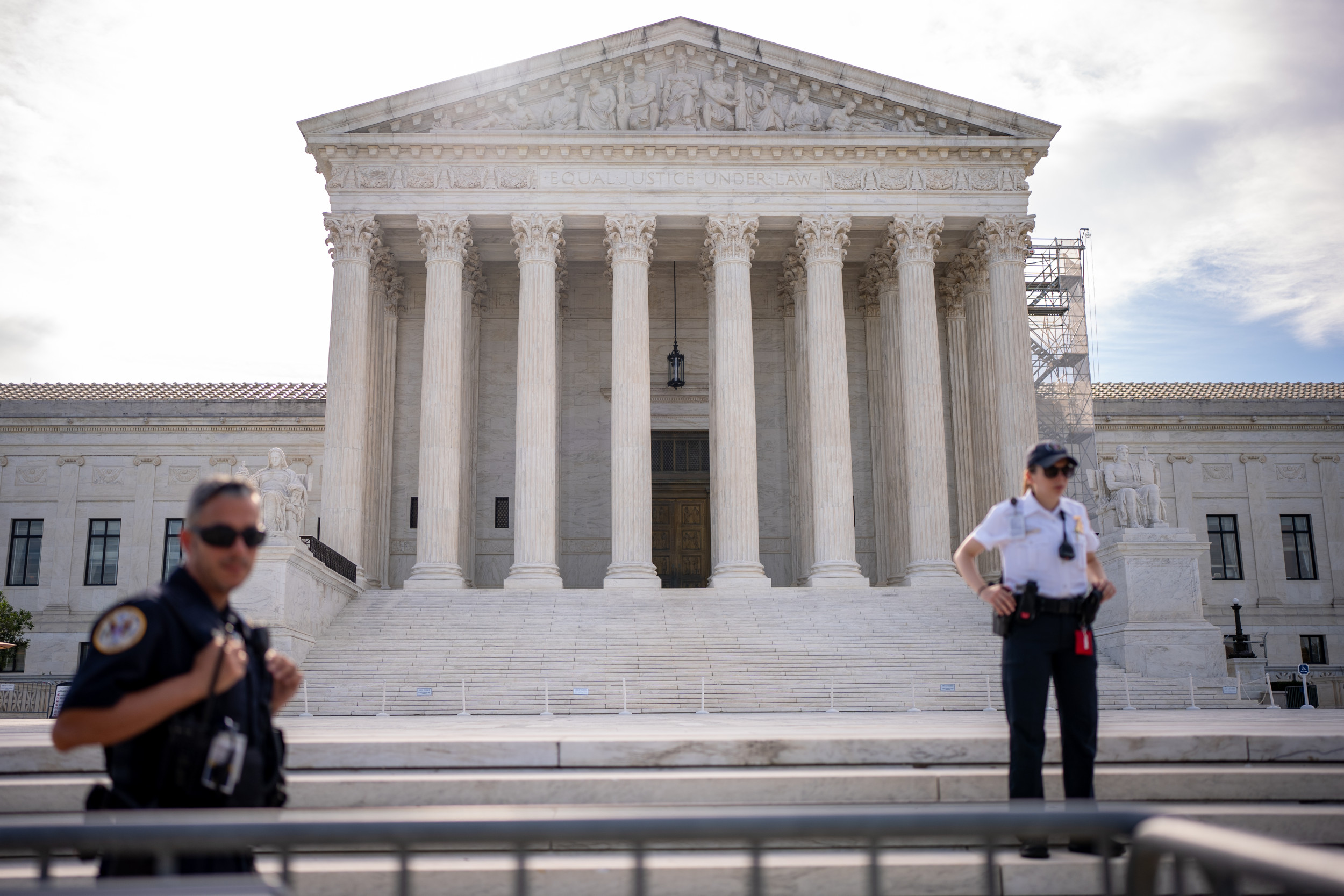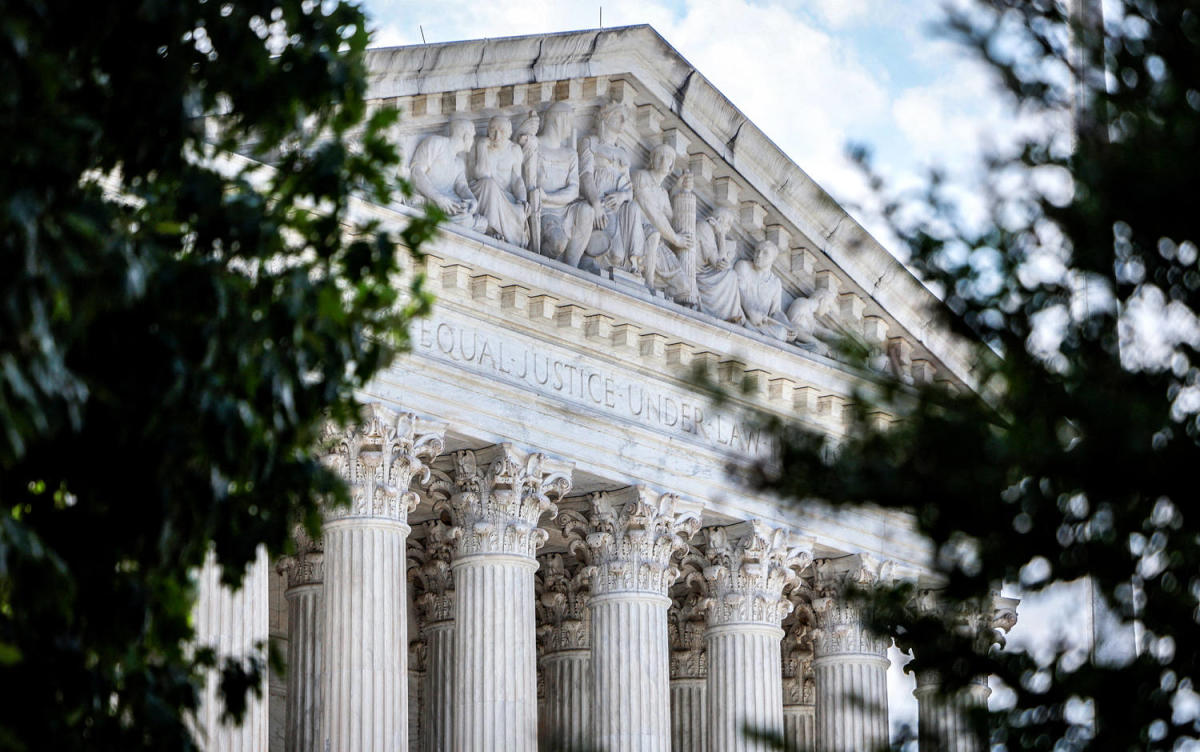
The U.S. Supreme Court is set to deliver a flurry of significant decisions in the coming days, with several high-profile cases on tap that could shape the legal landscape and have far-reaching implications for various issues, including presidential immunity, abortion access, homelessness, environmental regulations, and free speech on social media.
One of the most closely watched cases is Trump v. United States. The former president has argued for immunity from criminal charges related to his efforts to overturn the 2020 election results. This decision could have significant implications for future presidents and their ability to avoid prosecution while in office.
Another crucial case, Moyle v. United States, centers on Idaho's near-total abortion ban and its interaction with federal law requiring emergency medical care. The outcome of this case could have far-reaching consequences for abortion access nationwide.
The court will also consider the challenge to the power of in-house judges at the Securities and Exchange Commission (SEC), which could impact enforcement actions against federal agencies. Additionally, a case involving interstate air pollution challenges the Environmental Protection Agency's (EPA) effort to enforce the Clean Air Act's 'good neighbor' provision.
A case dealing with homelessness, City of Grants Pass v. Johnson, will decide if it is constitutional for cities to prohibit homeless people from sleeping in public when there are no shelters available. Another case, Snyder v. United States, asks whether a federal bribery law criminalizes payments for actions already taken or committed without a quid pro quo agreement.
The Supreme Court is also expected to rule on the challenge to the power of former mayor James Snyder of Portage, Indiana, regarding his conviction for taking $13,000 from a trucking company. The case involves the scope of a federal anti-corruption law and the vagueness of the word 'corruptly.'
The justices will also consider Corner Post v. Board of Governors of the Federal Reserve System, which deals with debit card fees and could have implications for merchants and banks.
These decisions are expected to be handed down over the next few days, potentially shaping the legal landscape on various issues and providing important guidance for future cases.



